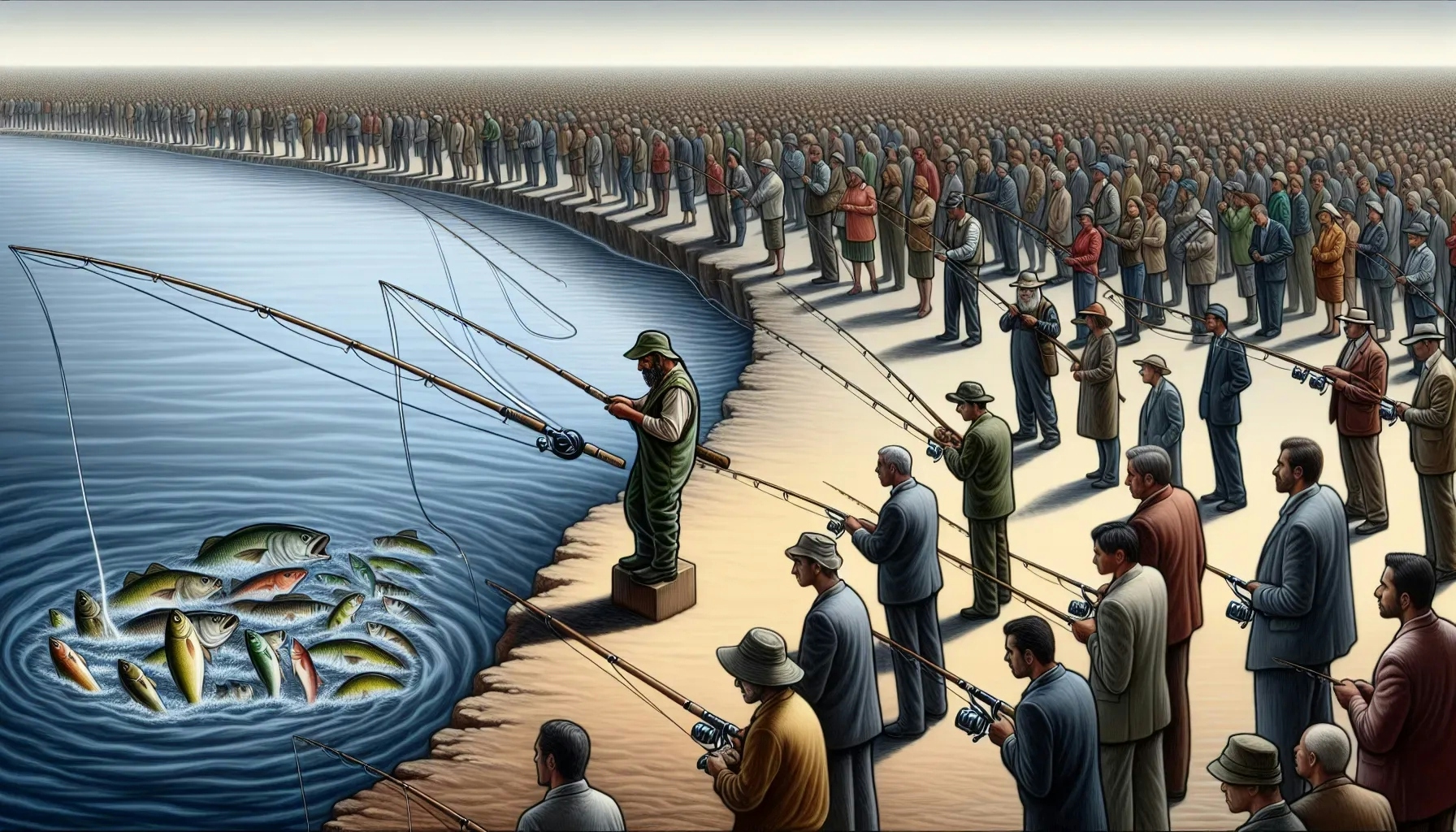What Are the Challenges of Filling Difficult Roles as a Recruiter?
We reached out to CEOs and career coaches to uncover their experiences with tough recruitment challenges. From profiling for cultural fit to competing for top talent, they shared seven insightful strategies on how they've successfully approached hiring for particularly challenging roles.
- Profile for Cultural Fit
- Diversify Recruitment Services
- Expand Search for Scarce Skills
- Navigate Salary Constraints
- Prioritize Essential Skills
- Evaluate Cultural Compatibility
- Compete for Top Talent
Profile for Cultural Fit
Recently, I was tasked with filling a niche biotech role in an especially up-and-coming sector. I expected a high response, but the number of applications stunned me. I knew I needed to recalibrate my parameters in order to narrow down the perfect candidate. In a sea of qualified and experienced workers, that meant creating a social and cultural archetype of the ideal hire: personality and soft skills were the things that ultimately would get someone hired.
I went back to the company and began profiling the department. The team was more gregarious than I'd expected, and I quickly realized they needed someone level-headed and pragmatic to balance out their drive and excitement.
Thanks to this research, I developed a profile of the perfect addition and got started looking through resumes.
It paid off: The hire fit in perfectly, adding just the right amount of vision and levity to the team.

Diversify Recruitment Services
Diversifying revenue streams significantly improved my business's financial stability. For instance, in addition to career-transition coaching, I offer services to other client groups, including executives and other coaches (coaching supervision). This not only provided additional income but also reduced dependency on one client group, which can fluctuate seasonally. When career-transition consultations slowed down, coaching supervision and executive coaching continued generating revenue.
This diversification helped maintain a steady cash flow, making the business more resilient to market changes and client demand fluctuations. It also expanded the client base, reaching individuals who might not seek a career change but are interested in development and effectiveness in their role as an executive or as a coach.

Expand Search for Scarce Skills
When there aren't many people who have the needed qualifications for a job, recruiters have to work extra hard to find someone suitable. This often means they must look in more places, reach out to more potential candidates, and spend more time evaluating each person. This challenge makes the search longer and more demanding. It also means a recruiter might have to persuade someone who wasn't looking to change jobs to consider the role.
To aid recruiters, companies may need to invest in better search tools and broader networking opportunities.
Navigate Salary Constraints
Recruiters face a tough situation when the person they want to hire expects a higher salary than the company can offer. They have to balance the need to fill the job with making sure they don't promise more money than the company's budget allows. This balancing act can lead to lost time and missed opportunities if the candidate declines the job offer over salary.
It's important for a business to be clear about what they can afford and to communicate this to recruiters upfront. This transparency can help manage candidates' expectations from the start.
Prioritize Essential Skills
Sometimes, finding a candidate whose skills and past work perfectly align with what's needed for a job is like looking for a needle in a haystack. Not every potential employee will have the exact set of experiences required. Recruiters have to figure out which skills are most important and decide if someone could learn the rest on the job.
This challenge can slow down the hiring process because it takes time to find the right match. Employers should clearly define which skills are a must-have and which can be taught, aiding recruiters in their quest to find the right person.
Evaluate Cultural Compatibility
Assessing if someone will work well with a company's existing team and fit into its culture can be really tricky. It requires understanding the subtle ways a person's beliefs, attitudes, and behavior will influence their performance and relationships at work. If a recruiter doesn't get this right, it could cause problems in the workplace later on.
This complexity can draw out the hiring process as a recruiter must delve into the nuances of both the candidate's and the company's values. Organizations should strive to articulate their culture clearly to assist recruiters in identifying individuals who will thrive within their teams.
Compete for Top Talent
The battle to lure the most skilled and talented individuals can be fierce, especially when there are many companies all chasing after the same person. This competition makes it harder for recruiters because they have to convincingly showcase why their job offer is the best. They may also have to act quickly to secure a candidate before another company snatches them up.
This intense environment can be stressful and requires recruiters to be both persuasive and efficient. Companies need to ensure their roles stand out and encourage recruiters to be proactive in promoting their positions effectively.

